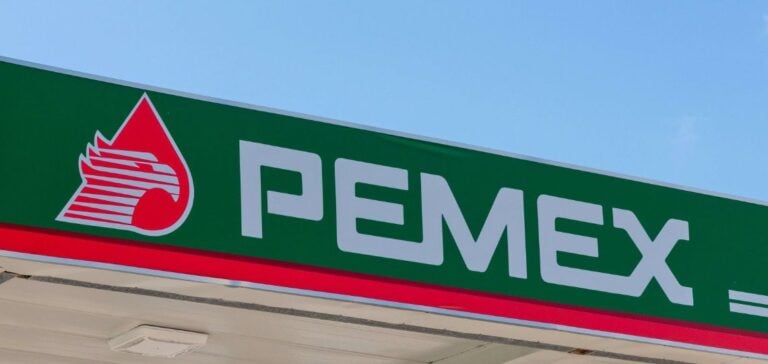The Mexican government, led by President Claudia Sheinbaum Pardo, plans to present a strategic plan for Pemex (Petróleos Mexicanos), the state-owned oil company, to address its persistent operational and financial challenges. The plan, scheduled for November 13, is part of structural reforms aimed at modernizing the company while attracting private investments.
According to Víctor Rodríguez Padilla, Pemex’s CEO, the objective is to maintain national production at 1.8 million barrels per day (b/d). This would be sufficient to meet local refinery needs, but this production level is threatened by the progressive decline of Pemex’s major fields, discovered several decades ago.
The Limits of Service Contracts
Since the 1980s, Pemex has heavily relied on service contracts to collaborate with private companies. However, experts consider this model outdated, as it does not incentivize increased production. “Service contracts are not the answer,” said Miriam Grunstein, a scholar at the Baker Institute at Rice University. According to her, this model neither promotes operational efficiency nor drives innovation, while deepening financial losses.
Currently, Pemex operates about 250 fields, 180 of which produce less than 1,000 barrels per day. This situation is unsustainable, according to Gonzalo Monroy, CEO of the GMEC consultancy in Mexico City, who emphasizes that these unprofitable operations worsen the company’s debt. At the end of the third quarter of 2023, Pemex owed over $20 billion to its suppliers.
An Urgent Need for Private Capital
To stabilize and potentially increase its production, Pemex will need to attract private capital through structured partnerships, such as “farm-outs” or “farm-ins.” The Trion project, a joint venture with Woodside Energy, is a rare example of success. Located in the Gulf of Mexico, this field could add 110,000 barrels per day to national output once fully operational.
However, many experts believe that such initiatives should have been launched at least a decade ago. “The lack of long-term planning is one of the most serious issues facing the Mexican energy sector,” said Rosanety Barrios Beltrán, an independent consultant and former official involved in the 2013 energy sector liberalization.
An Uncertain Future
Pemex’s future will depend on its ability to balance modernization and cooperation with private partners. Constitutional reforms are also being prepared, including the elimination of some independent regulators. Observers believe these measures could impact transparency and competitiveness in the energy sector.
Meanwhile, the growing debt and continuous decline in production threaten the company’s long-term viability. Decisions made in the coming months will be critical in determining whether Pemex can reclaim its position as a key player in the global oil industry or continue its decline.






















